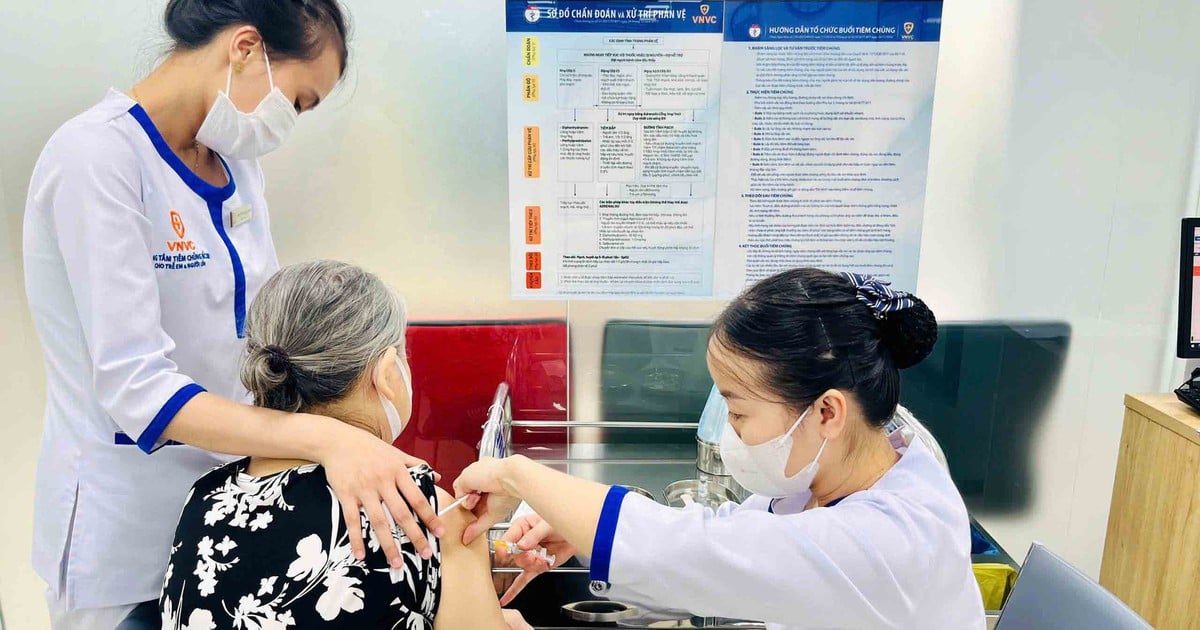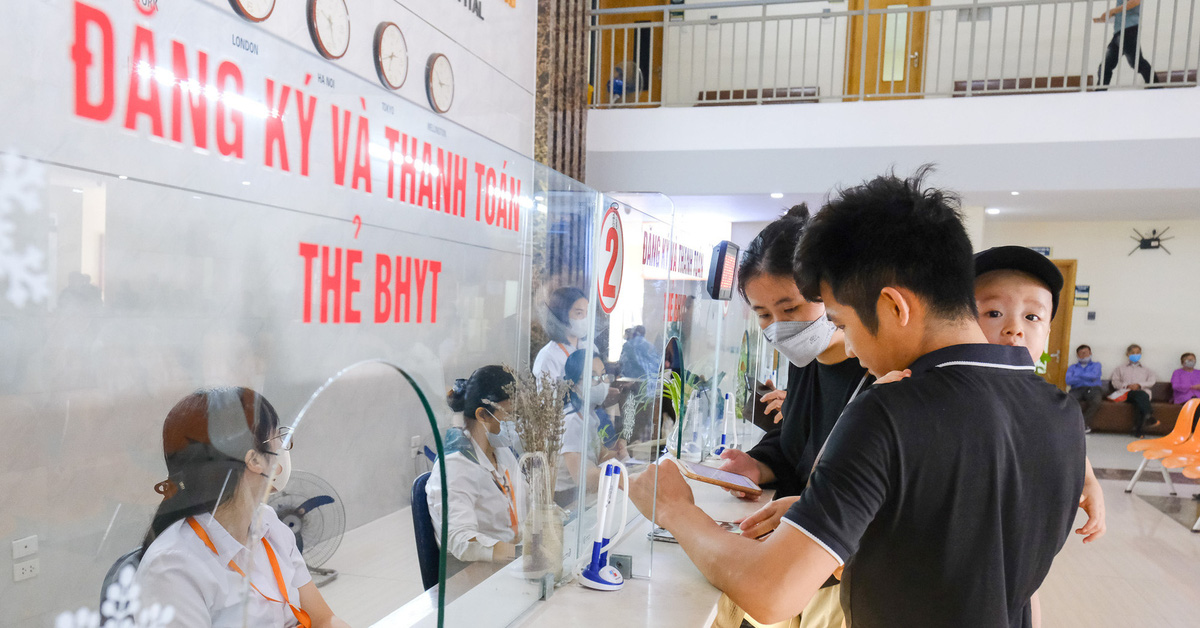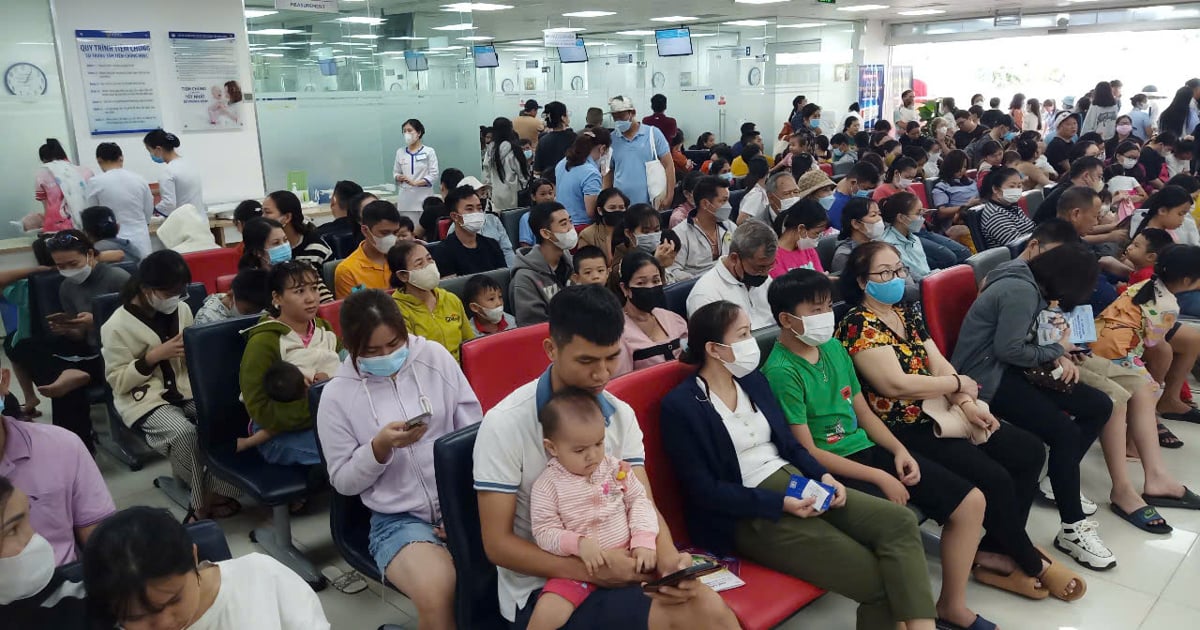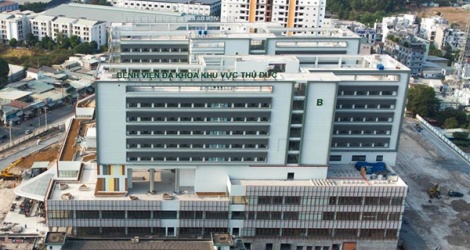With the positive changes in Vietnam's healthcare industry, the level of interest from US and ASEAN companies is increasing. Ms. Bui Thi Viet Lam, US-ASEAN Business Council (USABC) in Vietnam, talked to Investment Newspaper reporters about the prospects of this market.
 |
| Ms. Bui Thi Viet Lam, US-ASEAN Business Council (USABC) in Vietnam |
Madam, what is the current overarching trend in innovation, as well as research and development (R&D) in the healthcare sector domestically and internationally, and how does that trend impact the Vietnamese market?
The past decade has seen rapid and dramatic technological growth in the discovery and production of new drugs, largely using new biotechnology techniques. In addition, the structure of the industry has changed, led by the United States, with the emergence of thousands of small biotechnology start-ups, often funded by venture capital, focused on the development of new biotechnology drugs.
This segment of the industry has become so important that, in 2021, nearly 70% of all new product innovations approved by the US Food and Drug Administration (FDA) came from small companies.
The country at the forefront of promoting this new technology has traditionally been the United States. But recently, Asian countries such as Japan, South Korea and China have invested heavily in innovative and global pharmaceuticals.
In recent years, technology has developed strongly in new areas, such as gene and cell therapy, as well as gene editing. New technologies such as artificial intelligence (AI), big data are being used to identify and develop new potential drugs. These are areas with the highest growth potential, especially for new countries entering the market like Vietnam.
With recent developments in Vietnam, how do you assess the level of interest of member companies in domestic healthcare innovation?
The Vietnamese pharmaceutical market is growing rapidly and is likely to grow at more than 10% per year in the coming period. This, combined with rising per capita income, makes Vietnam an attractive destination for global pharmaceutical companies looking to capitalize on the growth potential of the emerging market.
As an emerging market, Vietnam has the opportunity to build a sustainable pharmaceutical industry through the support of global pharmaceutical companies, who are also active members of the US-ASEAN Business Council. With our extensive experience in innovative pharmaceuticals, we are ready to work closely with Vietnamese policy makers and other stakeholders to support the development of Vietnam's pharmaceutical industry to become a potential spearhead in the country's economic development in the coming time, as well as bring benefits to the people in the future.
In recent years, our member companies have been establishing pharmaceutical manufacturing capabilities in Vietnam or collaborating with local manufacturers, helping to promote technology transfer, process research and capacity building of local manufacturers. International standards and best practices are also applied through these partnerships.
To open up more space for healthcare development in the coming time, what factors does the industry need to focus on, madam?
Some important lessons can be drawn from the experience of other countries in the region.
One is that policies that protect local companies from global competition or create an uneven playing field in the domestic market will make the pharmaceutical industry focused on the domestic market and uncompetitive in the global market.
Second, inconsistent policies across government agencies affect the sector, sending mixed or negative signals to potential investors, while positive policies (such as tax incentives) are easily offset by other policies (such as pricing and regulatory policies).
Based on these lessons, we recommend reviewing and reforming the pricing and reimbursement systems to provide effective market incentives for domestic innovation and opening up to foreign markets, while making Vietnamese companies more attractive partners for technology sharing.
Without such reforms, policies such as tying foreign firms' market access to forced technology transfers will not be effective.
In addition, creating a more predictable and favorable environment for foreign investment in the pharmaceutical sector is important. Foreign investors are looking for locations to invest in clinical trials as well as manufacturing. The biopharmaceutical business model is focused on the medium to long term, so a stable and predictable investment environment is essential.
The issue that needs to be considered is whether investors in the pharmaceutical sector in Vietnam need to have a viable business in the country. In addition, tying projects to requirements such as technology transfer or production contracts will reduce investors' interest in Vietnam.
In fact, manufacturing incentives that do not precondition technology transfer commitments or other business performance requirements will attract more investor interest and prompt them to make decisions faster.
In addition, favorable administrative procedures related to import and export, licenses and permits will encourage production and are necessary for efficient and competitive production.
In addition, an inter-ministerial body should be established to coordinate pharmaceutical industry policy to ensure consistent, non-overlapping policies and effective implementation.
Source: https://baodautu.vn/mo-rong-khong-gian-cho-doi-moi-y-te-tai-viet-nam-d225767.html


































































Comment (0)